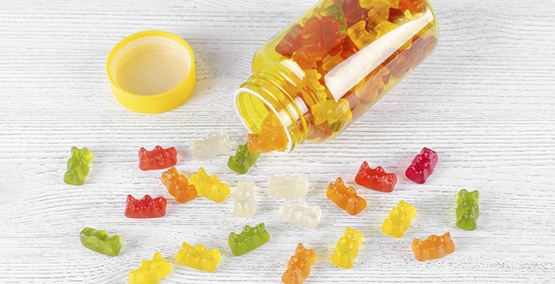
When breastfeeding should be avoided
We know that breast milk is the optimal food for your baby. However, there are some instances when breastfeeding should be avoided.
Medication
The main reason to avoid breastfeeding is when the health of the baby or mother might be harmed. For example, if a mother is taking medicine to stay healthy, the breast milk could contain traces of the drug and harm the baby. Some mothers may want to stop taking medication in order to safely breastfeed. Before you stop your medicine, consult your doctor. It is okay to temporarily use infant formula until you are healthy and then resume breastfeeding.
Stop breastfeeding if you are taking any of these medications:
| Anticancer drugs | Mysoline |
| Cyclosporine | Methotrexate |
| Lindane | Radioactive drugs |
| Parlodel | Narcotics and barbiturates |
Source: Bailey Koch, RD, CSP
Talk to your doctor if you are taking one of the medicines below before breastfeeding:
| Antidepressants | Isoniazid | Phenobarbital |
| Aspirin | Lithium | Prozac |
| Codeine | Metoclopramide | Valium |
| Demerol | Metronidazole | Zoloft |
| Ergots | Morphine | |
| General anesthesia | Oral contraceptives | |
| Indomethacin | Paxil |
Source: Bailey Koch, RD, CSP,
The list of medicines will change as new research comes out. Always double check with your doctor and online at www.womenshealth.gov.
Disease
Women with active tuberculosis, HIV, human lymphotrophic virus HTLV-1 or HTLV-2 (which are associated with certain cancers) or active herpes on their breast shouldn't breastfeed.
Rare genetic conditions can be a reason not to breastfeed. In one called galactosemia, babies can't process the sugar in breast milk, and brain damage can result.

General Health
Moms who have had complications after delivery, are malnourished, or who are emotionally or physically fatigued should wait to breastfeed until after those problems improve. It is okay to express breast milk to keep production steady.
Social Reasons
There are also some moms who just don't want to breastfeed or feel they can't. If they are given some of the information about the benefits, they may change their minds. But they shouldn't be pressured. Nor should they worry that their breasts or nipples aren't going to allow them to breastfeed–that's rarely the case.




